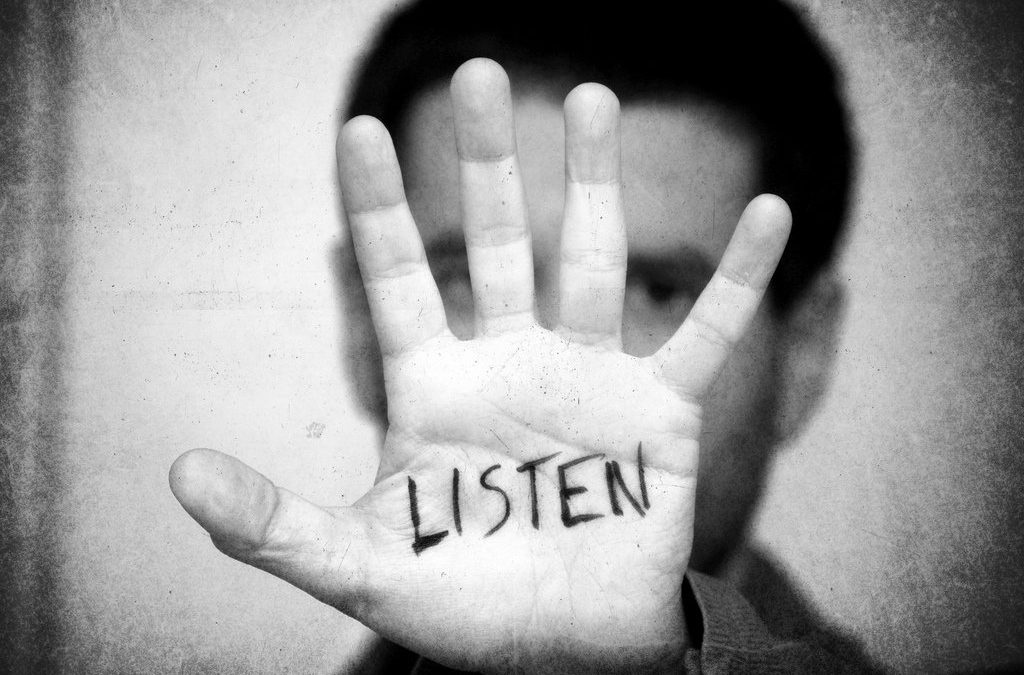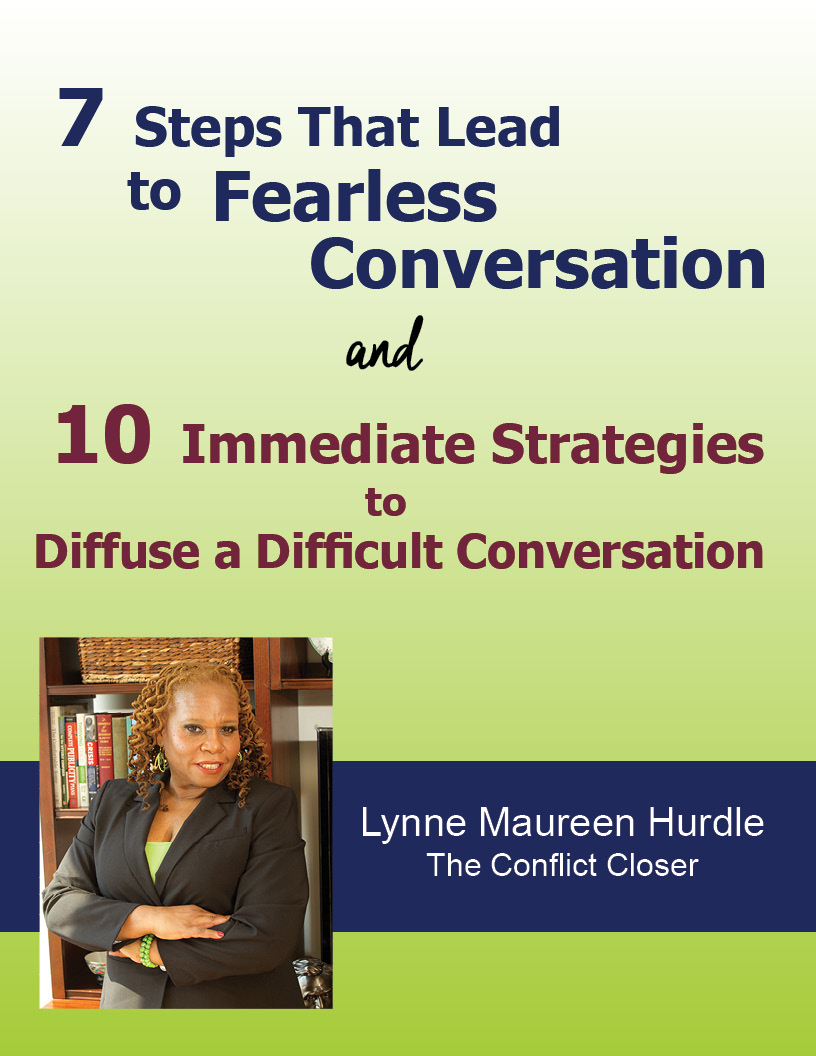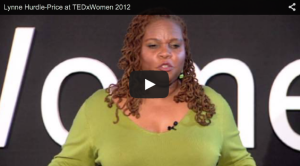This blog article is the last in this series and I hope you have been reading them and doing your own work right alongside of me. Last time, we were learning the basics of reconstruction. So, quick review before I jump in with my story.
To reconstruct, we have to identify some key words or actions that trigger our conflict stories.
Recall a time when you reacted based on those triggers.
Start to brainstorm anything else that the person could have meant by their words or actions in the neutral and positive categories. We usually go to the negative interpretation first.
The last thing is to see the other side of the statements you came up with by seeing the good in them.
Reconstructing our construct of conflict means really looking to view things from a different perspective, one that is more neutral or positive.
Let me tell you something right up front. Reconstructing yourself around conflict is going to require a real commitment and focus. You also need to be patient and forgiving of yourself. I have had to see, love and hold myself in a whole new way doing this work. So, I am taking three long belly breaths and then jumping in.
Trigger words are different depending on who I am in conversation or conflict with, but here are a few:
I’m not doing that.
You never listen to me.
I don’t care.
I’m not listening.
Figure it out or
An endless session of Why.
Taking step 1, I can recall a time when my 17 year old said, “you never listen to me” and I was triggered with frustration, confusion and hurt. The hurt was twofold, both hurt pride at the accusation that I am failing at the thing I am supposed to do well and hurt that in that moment I was failing him. My reaction was to deny and inside my stomach was churning. In that moment, I recognized that it was time to reconstruct my conflict construct.
A few questions for myself. Did he really mean never? What did he really mean? If he shared that, does he actually want me to hear him and start listening differently? Was there really a need to be hurt by this? Many questions started to shift my view.
Allowing for the possibility that with his statement he was not shutting me out, but rather inviting me in, I tried to imagine his feelings in the moment. I assured myself that I could ask him the questions I had in order to understand better and that I was capable of adjusting my listening skills to his needs. I was also really clear that my negative construct of conflict influenced the way that I initially heard that statement and my reconstruction work took me to the other side of that construct.
It ended up being a beautiful conversation rich with an explanation of his feelings and mine and a reminder for me to paraphrase more in order to let him know that he was in fact being heard.
What about you? Have you been doing your work? Someone in your world is waiting for you to start.
I invite you to listen to a podcast interview I did with Mike Johnson that first aired on Adventist Radio London on how we can effectively resolve conflicts in the home, church, or wherever it shows up. Access the interview HERE.
Lastly, feel free to take the Leadership Assessment Quiz here to find out how healthy or unhealthy your team is.





